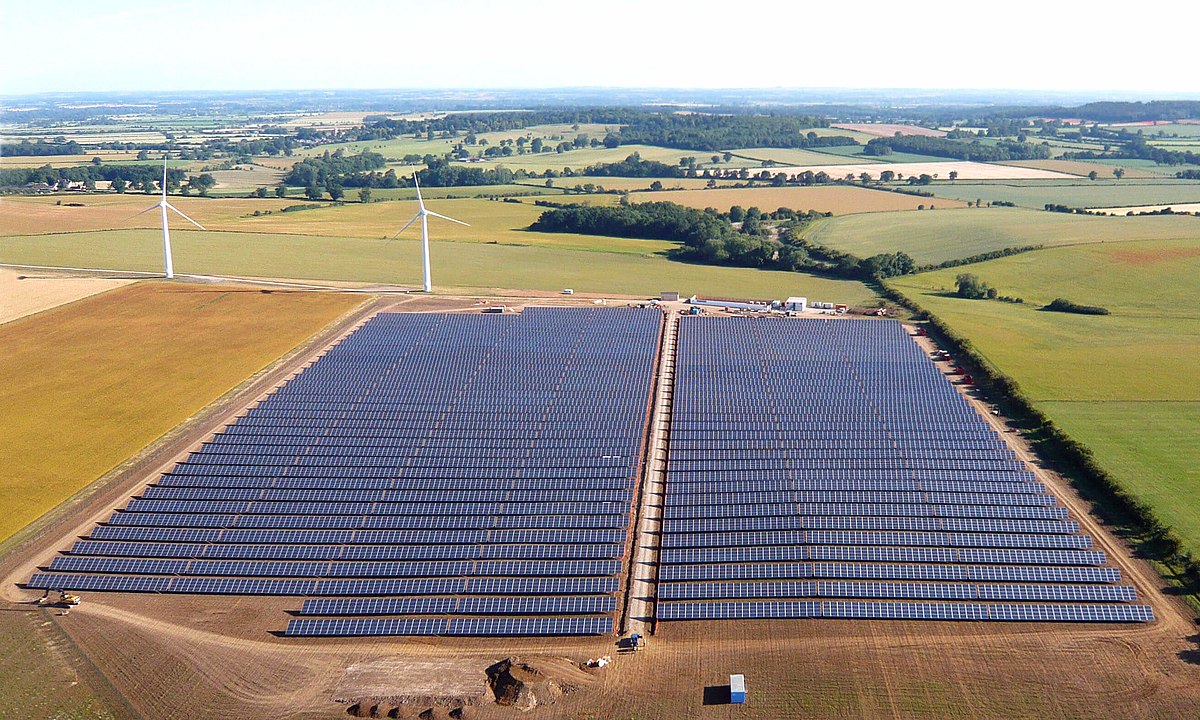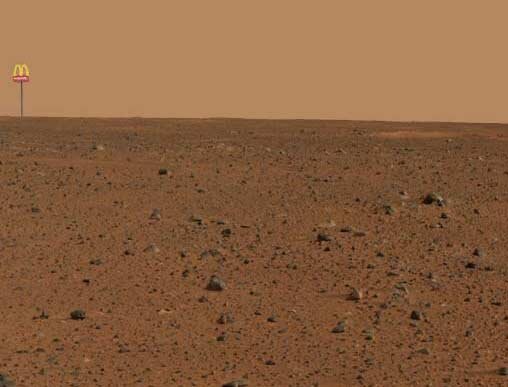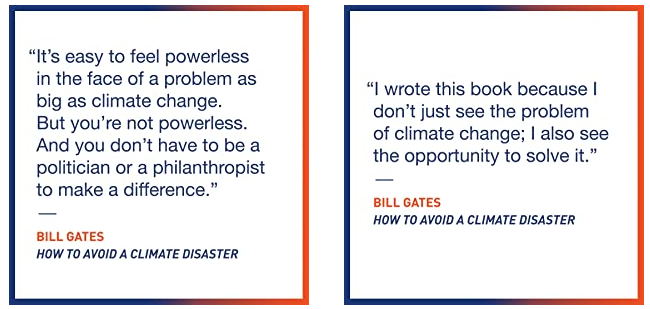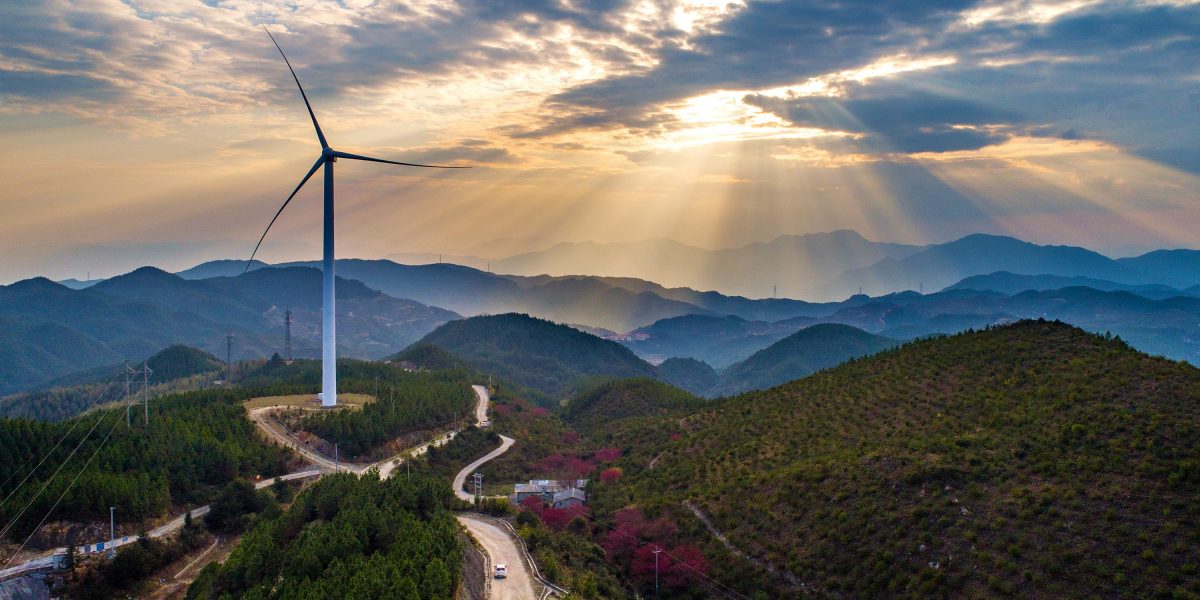desiderata
Member
I listened to a discussion on NPR Radio that to slow our carbon footprint we should not bring children into this world. Makes sense as long as its not my children or possible grandchildren. What was said after that shocked me and should be taken in context, and that is to totally stop our own carbon footprint would be to take our own life. Quite a bit drastic. However, if you think of our planet without mankind, it would heal itself relatively quickly. I think the key is coexistence with everything in the natural world. To eradicate a species, harm the air and water, even ourselves is not the answer. That is up to the fate of our planet and evolution, which is out of our control.










